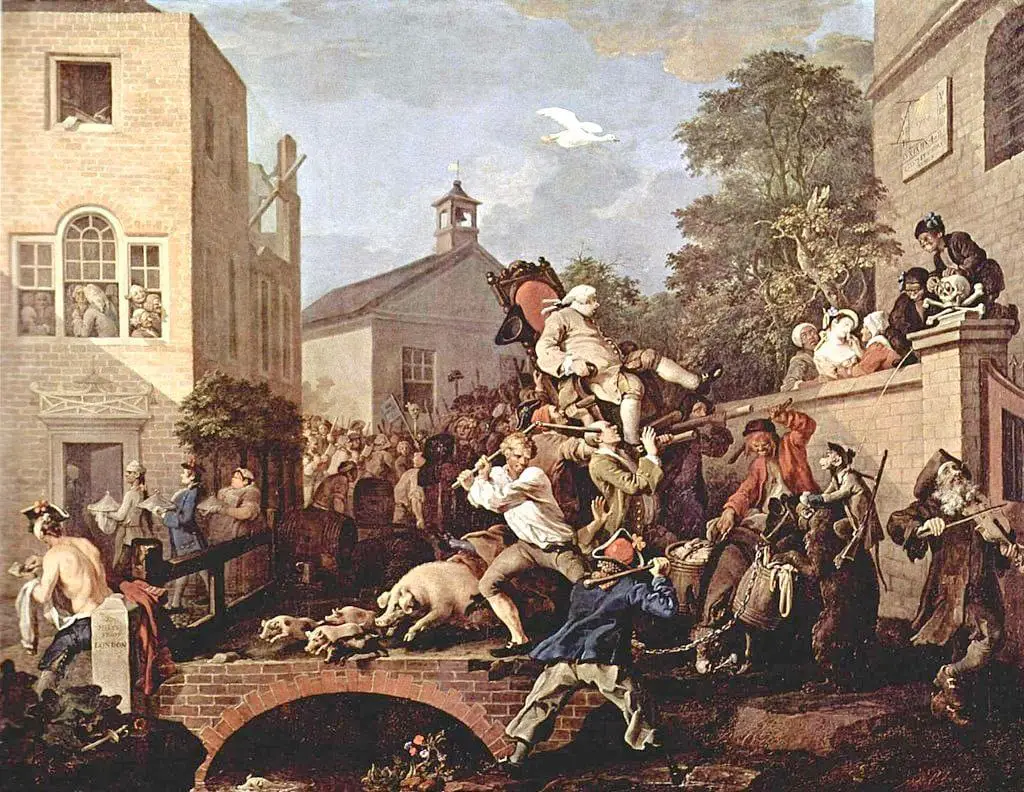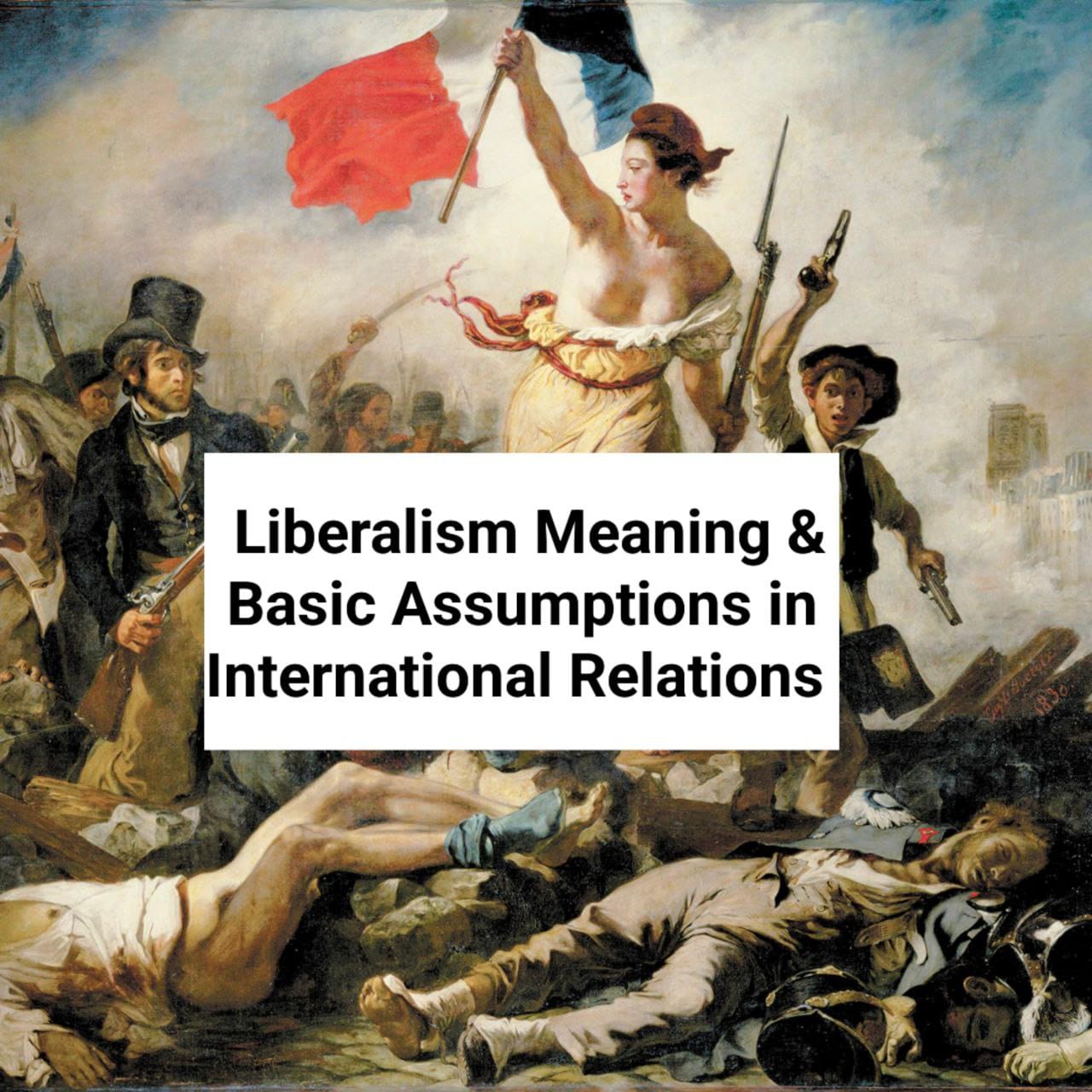Liberalism Meaning And It’s Basic Asscumptions in International Relation
Meaning of Liberalism
Liberalism is a political and economic ideology that emphasizes individual freedom, democracy, and the protection of human rights. In the context of international relations, liberalism advocates for cooperation, peace, and the rule of law among states, believing that international institutions, economic interdependence, and the spread of democratic governance can reduce conflict and promote global stability.
Liberalism contrasts with realism, which views international relations as dominated by competition and conflict. Instead, liberalism focuses on the potential for cooperation and mutual benefit in the international system.

Basic Assumptions of Liberalism in International Relations
- Human Nature is Inherently Good:
- Liberalism assumes that humans, and by extension, states, are capable of reason and cooperation. Unlike realism, which sees conflict as inevitable, liberalism believes that states can work together to achieve common goals like peace and prosperity.
- States are seen as willing to collaborate, not just compete, particularly through institutions that promote diplomacy and peaceful conflict resolution.
- Democratic Peace Theory:
- One of the core assumptions of liberalism is that democracies are less likely to go to war with each other. The democratic peace theory argues that democratic states tend to avoid conflict with other democracies because of shared norms, political structures, and accountability to citizens.
- Democracies are seen as promoting peace and stability in international relations because they are more likely to resolve disputes through diplomacy and negotiations.
- Economic Interdependence Reduces Conflict:
- Liberalism assumes that economic interdependence, especially through trade and investment, reduces the likelihood of war. When countries are economically connected and benefit from trade with each other, they are less likely to engage in conflicts that could disrupt these ties.
- Mutual economic benefits promote cooperation and encourage peaceful relations between states.
- International Institutions Facilitate Cooperation:
- Liberalism believes that international institutions and organizations (such as the United Nations, World Trade Organization, and International Monetary Fund) play a crucial role in fostering cooperation, managing conflicts, and promoting international norms.
- These institutions create rules, norms, and mechanisms for resolving disputes, promoting transparency, and reducing misunderstandings that might otherwise lead to war.
- Importance of International Law:
- Liberalism emphasizes the role of international law in governing relations between states. By adhering to treaties and legal frameworks, states can resolve disputes and promote peaceful coexistence.
- International law provides predictability and a sense of order, ensuring that states are bound by agreements and are more likely to act in ways that promote peace and cooperation.
- Plurality of Actors:
- Unlike realism, which primarily focuses on states as the main actors in international relations, liberalism acknowledges the importance of multiple actors, including international organizations, non-governmental organizations (NGOs), multinational corporations, and civil society.
- These non-state actors play a significant role in shaping international policies, promoting human rights, environmental protection, and humanitarian efforts.
- Collective Security and Cooperation:
- Liberalism supports the idea of collective security, where states work together to ensure mutual security and prevent aggression. Institutions like NATO, for instance, are built on the premise that an attack on one member is an attack on all, deterring conflict.
- This cooperation is based on shared interests and the belief that global security is best maintained through collaboration rather than unilateral action.
- Global Governance is Possible:
- Liberalism assumes that global governance—where international institutions and states cooperate to manage global issues such as climate change, terrorism, and health pandemics—is not only possible but necessary.
- It believes that by working together under shared institutions and rules, the international community can address global challenges more effectively than through isolated, self-interested actions by individual states.
- Promotion of Human Rights and Liberal Values:
- Liberalism emphasizes the spread of human rights, democracy, and liberal values as essential for a stable international order. It assumes that as more countries adopt democratic and liberal norms, the likelihood of conflict will decrease, and cooperation will increase.
- Human rights protection is a central pillar of liberal thought, and liberal states often promote democracy and human rights in their foreign policies.
- Progressive View of History:
- Liberalism has a generally optimistic view of international relations, believing that human society can progress towards greater cooperation, peace, and prosperity over time. Unlike realism, which sees history as cyclical with recurring conflict, liberalism believes that through diplomacy, trade, and institutions, the international system can improve.
Conclusion
Liberalism in international relations views the world as a place where cooperation, peace, and progress are possible through democracy, economic interdependence, and international institutions. It assumes that human nature is good, states are rational, and global challenges can be solved through collective action. This optimistic perspective contrasts with the more pessimistic outlook of realism, which emphasizes conflict and competition in global affairs.



Post Comment